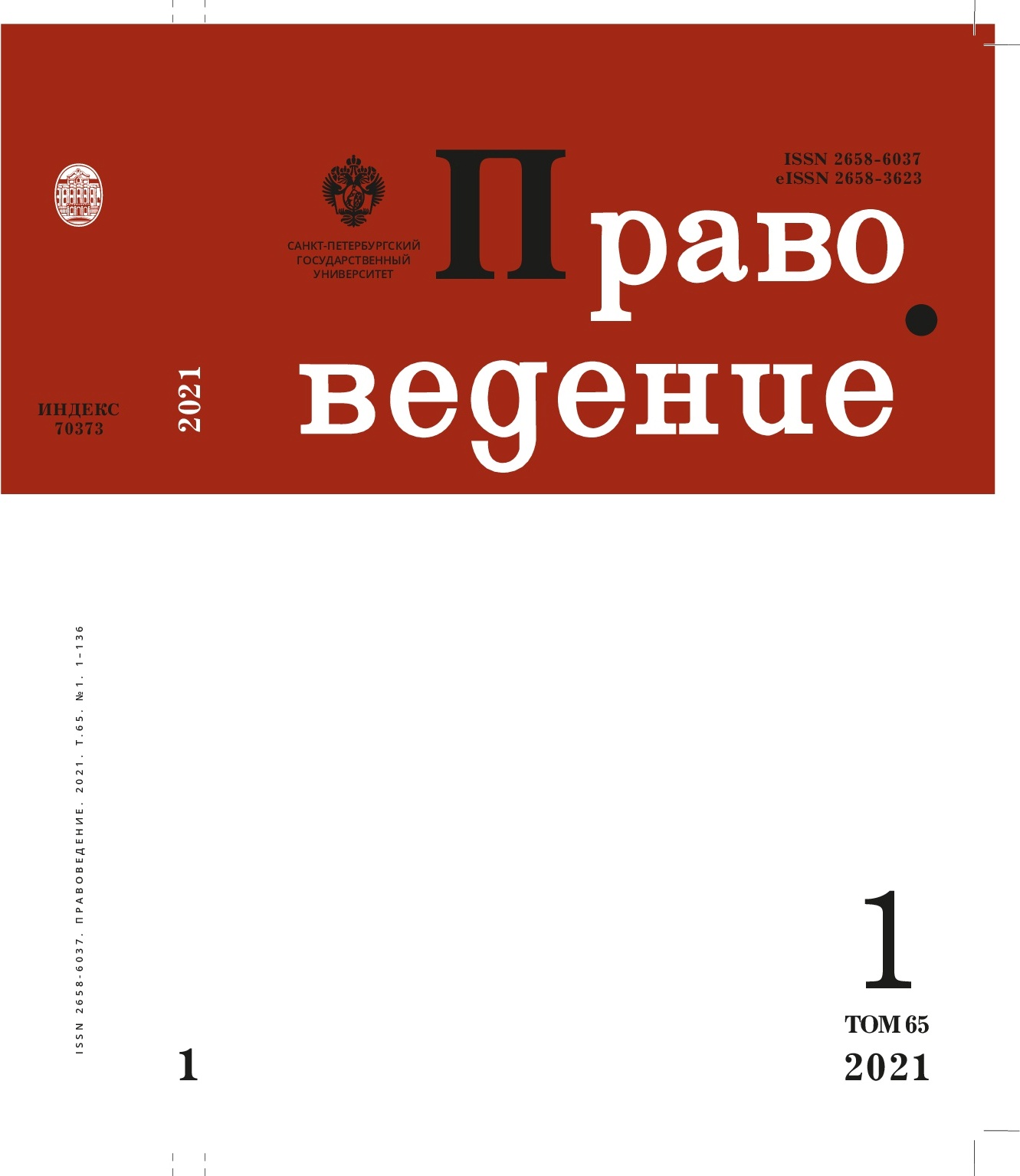Selected institutions of the General part of the Polish Civil Code
DOI:
https://doi.org/10.21638/spbu25.2021.101Abstract
The article first outlines the basic features of Polish legal culture from the perspective of the philosophy of law and theory of law. Polish legal culture is quite commonly described as moderately positivist. The validity of natural law, and especially the superiority of the norms of natural law over the norms of positive law, is not recognized, however, the legislature requires that moral considerations be taken into account in the process of enacting, interpreting and applying the law. It has been emphasized that Polish legal culture has created very advanced tools enabling an almost algorithmic interpretation of regulations. However, the practice differs quite significantly from the theory. The article then provides an overview of selected institutions of the General part of the Polish Civil Code: subjective rights (with a particular emphasis on the abuse thereof), civil-law protection of personal interests, acts in law (with a particular emphasis on the capacity to perform acts in law, making declarations of intent, interpretation of declarations of intent and defects of declarations of intent), procedures for concluding contracts, conditions, time limit and limitations of claims. The Civil Code can be described as a creative, original compilation of regulations adopted from the Napoleon Code, the German Civil Code and the Austrian Civil Code. The institution of the abuse of subjective rights resembles, at least in terms of the terminology used in the Code, solutions known from Soviet law; other institutions, not taking into account their specific features, fall within the “standard” European legal solutions. The article also presents the most important ruling of the Supreme Court, which determines the practice of applying some of the provisions that constitute the above-mentioned institutions.
Keywords:
Polish Civil Code, rights, abuse of rights, civil-law protection of personal interests, legal action, procedures for concluding contracts, conditions, deadlines, statute of limitations
Downloads
References
Downloads
Published
How to Cite
Issue
Section
License
Articles of "Pravovedenie" are open access distributed under the terms of the License Agreement with Saint Petersburg State University, which permits to the authors unrestricted distribution and self-archiving free of charge.




